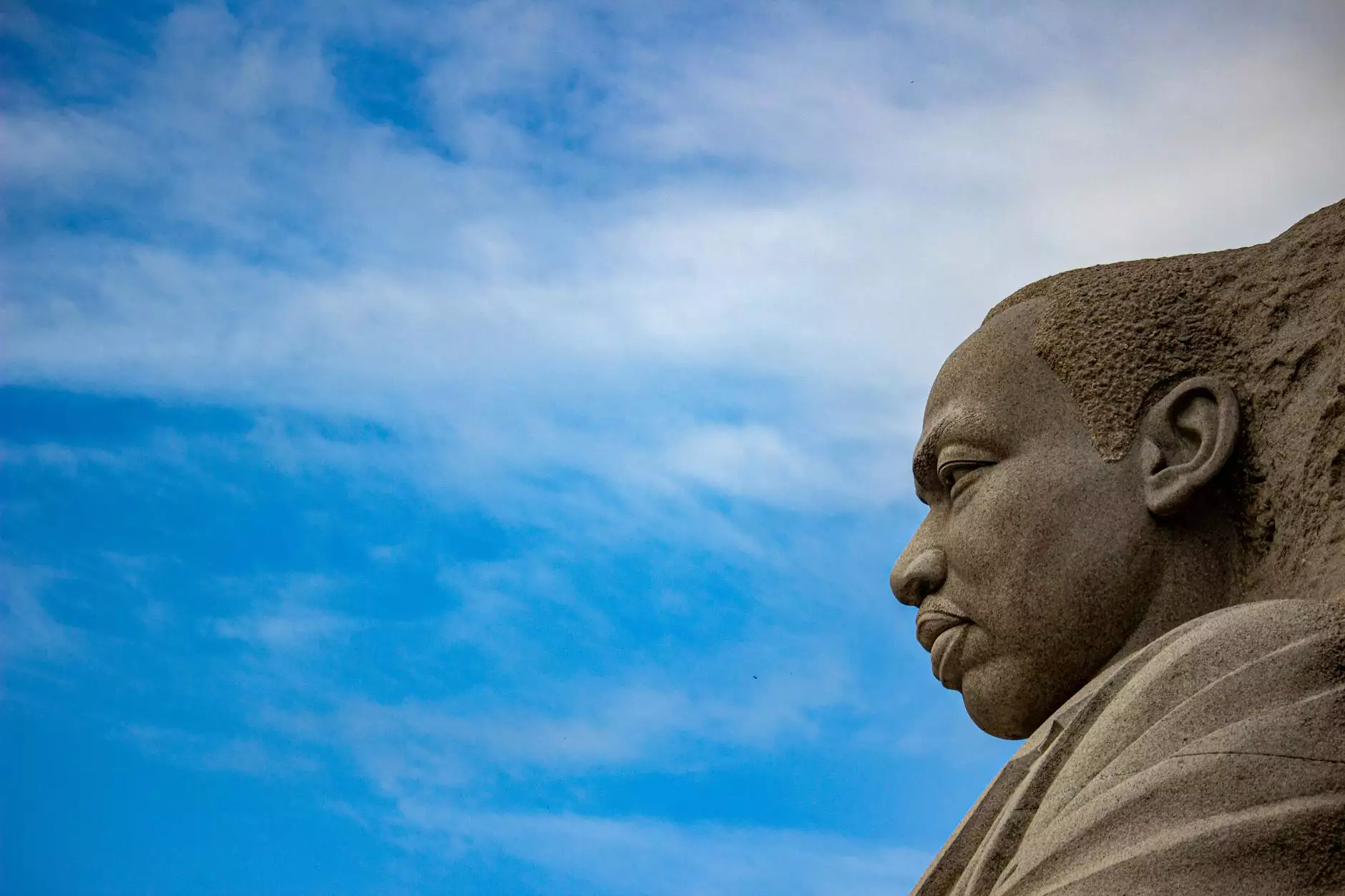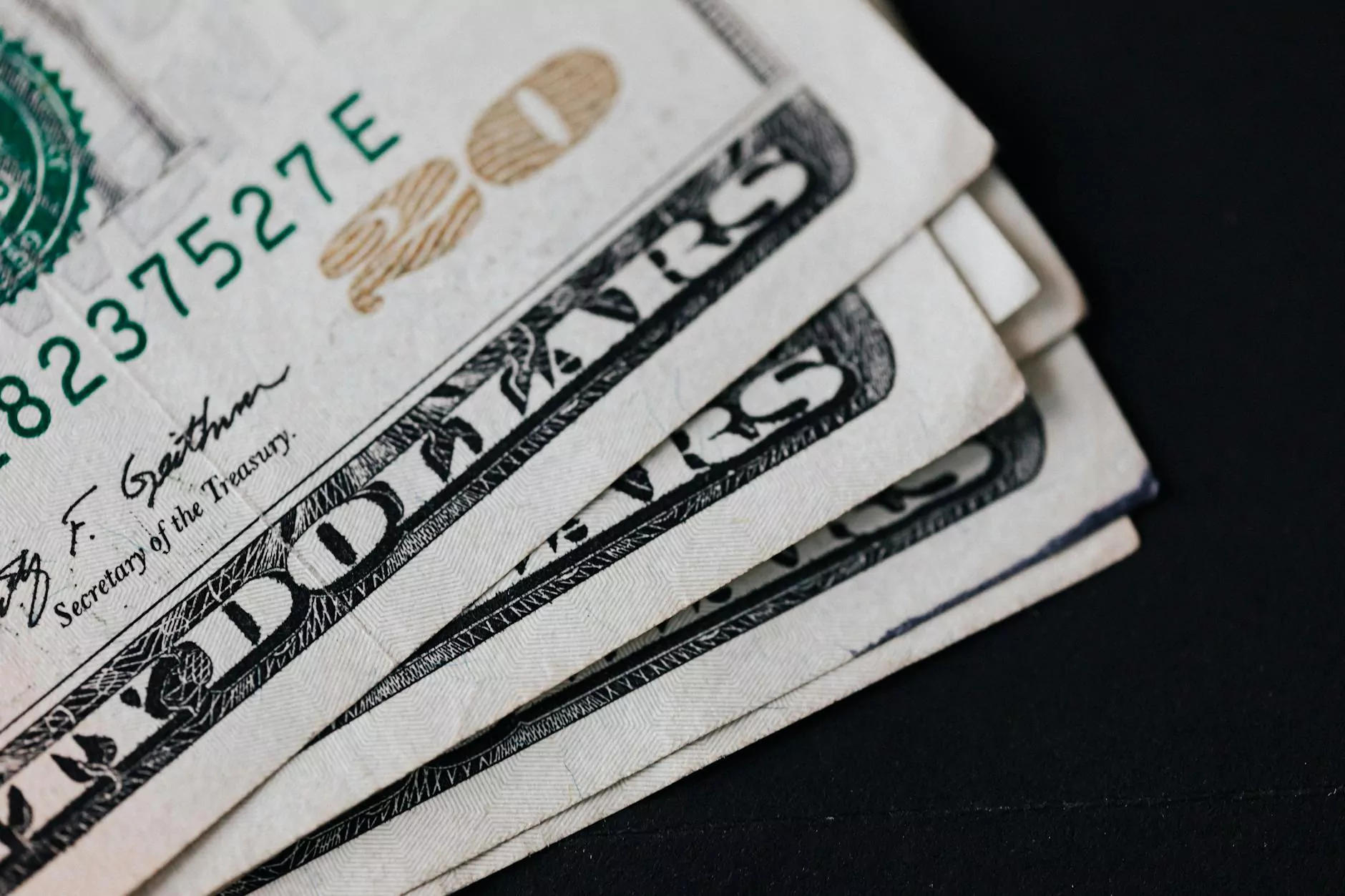Martin Luther King's I Have a Dream: The Speech that...
Blog
Welcome to Rossi Marketing's blog, where we explore the influential speeches that have left a lasting impact on society. In this article, we delve into Martin Luther King Jr.'s iconic speech, 'I Have a Dream,' a powerful address that addressed the deep-rooted injustices faced by African Americans in the United States.
The Significance of 'I Have a Dream' Speech
Delivered on August 28, 1963, during the March on Washington for Jobs and Freedom, Martin Luther King Jr.'s 'I Have a Dream' speech stands as one of the most memorable speeches in history. The speech not only highlighted King's eloquence but also encapsulated the dreams and aspirations of a generation fighting for civil rights.
In his speech, King passionately expressed his vision for a future where racial equality and justice prevail, where individuals are not judged by the color of their skin but by the content of their character. His words resonated with millions around the world, igniting hope and motivating them to join the struggle for equality.
Key Themes and Messages
One of the key themes of 'I Have a Dream' is the call for racial harmony and equality. King's powerful articulation of his dream painted a vivid picture of a society where racial segregation and discrimination would be eradicated, and individuals of all races could coexist on equal footing.
The speech also emphasized the importance of nonviolent protest and peaceful resistance as the means to achieve social change. King eloquently illustrated the power of unity and the transformative potential of peaceful demonstrations in bringing about lasting societal transformations.
The Impact on the Civil Rights Movement
King's 'I Have a Dream' speech became a turning point in the civil rights movement, galvanizing support for the struggle against racial inequality. It inspired individuals from all walks of life to join the cause, leading to significant legislative changes and ultimately the passage of the Civil Rights Act of 1964.
The speech not only transformed King into a symbol of hope and freedom but also propelled him as a leader of the civil rights movement. It invoked a sense of urgency and demanded immediate action to address the systemic racism that plagued American society.
Relevance in Today's Society
Despite progress made since the delivery of the 'I Have a Dream' speech, issues of racial inequality and social justice persist in contemporary society. King's words continue to resonate with individuals fighting against discrimination, police brutality, and other forms of systemic injustice.
The principles and values expressed in the speech remain relevant, reminding us of the ongoing struggle for equality and the importance of collective action. It serves as a call to reflect on our progress as a society and to continually work towards creating a more inclusive and just world.
Conclusion
'I Have a Dream' is a timeless speech that remains a powerful reminder of the fight against racial injustice. Martin Luther King Jr.'s words continue to inspire and challenge us to confront and dismantle the barriers that impede true equality. As we commemorate this iconic speech, let us honor the legacy of Martin Luther King Jr. by actively engaging in the pursuit of justice and fairness for all.










